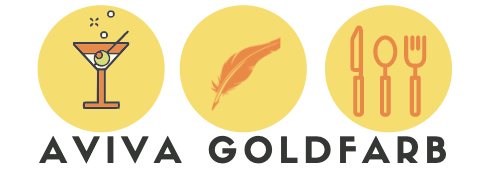In a typical week, my teenagers might eat edamame straight out of the pods, roasted seaweed, whole grain pasta, granola, frozen mango right out of the bag, and fruit and vegetable smoothies made with kefir, chia seeds, kale, carrots and pineapple. I was shocked to realize that they were also eating potentially toxic levels of sugar in the course of the day, well above recommendations from health experts like the American Heart Association.
Even if we think our kids are relatively healthy eaters, there’s a good chance they are eating far too much added sugar from foods even healthy kids typically consume. Foods like fruit-flavored yogurts, sports drinks, pasta sauce, cereal, ketchup, energy bars, and barbecue sauce are all loaded with added sugar.
Eating too much sugar can not only lead to obesity but also to metabolic disease and early onset of diabetes and heart disease as well as general inflammation that may lead to other diseases like cancer. What’s more, sugar is addictive, so if we are used to eating sugar, as most of us are, our brains crave more and more.
I served as a member of the media advisory board for Fed Up!, a movie that links the epidemic of obesity and early onset of disease in the U.S. to our high consumption of sugar. The film’s producers, including Katie Couric and Laurie David, found that sugar is in 80 percent of the products on supermarket shelves, and not just in the candy and desserts where we would expect to find it, but in bread, pasta sauce, marinades and salad dressings.
This awareness has lead me to make changes in how I shop (like reading labels more carefully and choosing products without added sugar) and how I cook, and to educate and try to inspire better choices for our children.
To read the full Washington Post article, click here.

